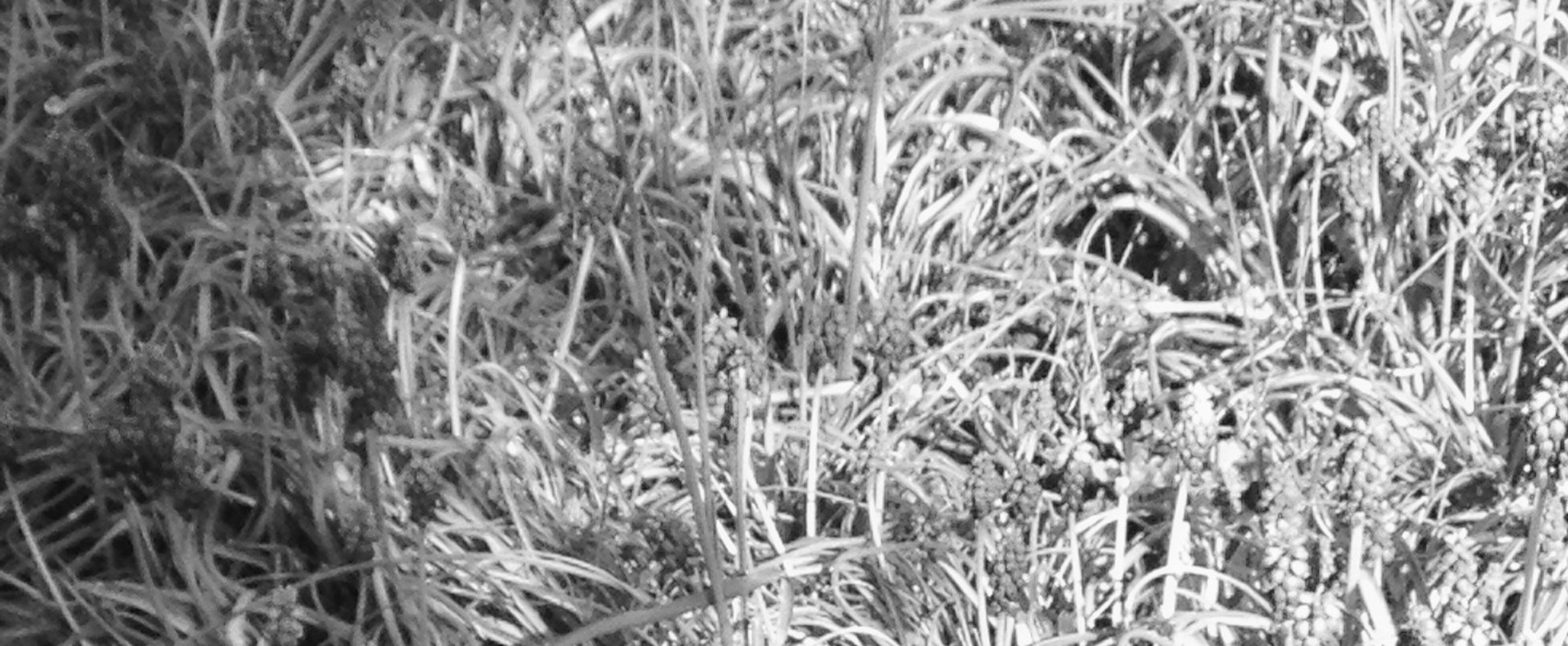It was in Spain that men learned that one can be right and yet be beaten, that force can vanquish spirit, that there are times when courage is not its own recompense. It is this, doubtless, which explains why so many, the world over, feel the Spanish drama as a personal tragedy.
Albert Camus
The depth of sorrow that was felt over the events in Spain in the late 1930s is evident in the first chapter of Paul Preston’s book We Saw Spain Die: Titled The Wound that Will Not Heal: Terror and Truth, it conveys some of the intense sadness that was felt as the dream of the revolution was crushed. Preston quotes Soviet journalist and writer Ilya Ehrenburg, who wrote:
I ask myself why, when I begin to describe the years of the Spanish Civil War, I cry. A quarter of a century has gone by and after Spain I lived through an even more terrible war. I can think calmly now about that war but not the Spanish war. In the turbulent Europe of the 1930s, it was difficult to breathe. Fascism was on the march and advancing without opposition.
Every state, every individual thought only of their own salvation, salvation at any price. But one people fought back. It could not save itself but, if the words ‘human dignity’ did not lose their meaning for my generation it was thanks to Spain. Spain became the air that we breathed.
The book has been sitting unread on my shelf for a few years now, but I was inspired to read it by a reference to the Spanish civil war by Russell Brand in his book Revolution. George Orwell, whose account of the civil war Homage to Catalonia looms large in Brand’s, “saw this brief period in Spanish history as a potential template for an alternative future”,
Ordinary workers took over their businesses and factories, and ran them democratically. Naturally, they were brutally massacred by a multitude of enemies – the fascists, communists and liberal democracies all coiled about them in a terrified asphyxiating clench.
This revolution was inspiring, whereas the ones we usually hear about, writes Brand, “are ones that wind neatly back to repression of one flavour of another and convey the bleak despairing narrative that makes the forms of impoverishment we live with now, whether financial or spiritual, seem preferable.
The willingness of those in power to use force to crush people’s movements is something I’ve written about in a piece published in a paper called 28 Days. Having experienced the violence of personal loss, my thoughts flow easily towards the dreadful impact on those who saw their dreams of a better world begin to flourish, only to have them crushed by immense force. Sitting outside The Black Lab in Clapham, enjoying a cup of coffee on a sunny day, it seems that loss has left me entirely out of sync with the rest of the world, with the overall impression of things. Perhaps it was the same for those who lost the civil war, lost comrades and family.
It’s important that the depth of pain and loss is acknowledged, validated, which is why Alexis Tsipras’ first act after being sworn in of paying his respects to a monument honouring the communists executed by Nazi occupation forces in 1944 was important to many Greeks.
It’s important, also that this is be done freely, without intervention or attempts to control the narrative. In Spain, the Valle de los Caídos, or Valley of the Fallen, a Catholic basilica and memorial built near Madrid. Built in the rule of Spanish general Francisco Franco to honour and bury those who fell during the Spanish Civil War was intended as a “national act of atonement” and reconciliation. Yet the fact that some of those who built it were Spanish Republican political prisoners, suggests that this is more about imposing peace rather than allowing it to flourish.
Many bridled at the state funeral of former prime minister Margaret Thatcher, where so much was assumed about people’s reactions, that anything that deviated from it was practically squeezed out. Will and Testament – a moving film about the life and career of former Labour MP Tony Benn, showed a miner who at the suggestion that the Thatcher family were offended by his protest: “Our families are mortally offended by the eulogising of a woman who destroyed our communities and way of life.”
It’s become a familiar mantra that the public mourning following the death of Diana in 1997 marked a change in the way the British public handles its emotions, yet sadness of the kind that the miner expressed goes largely unacknowledged. Discussing the defeat of the miners strike, Benn said:
Whether you win or lose doesn’t matter. The question is did you fight hard. You have to fight or you lose. In the long run, we look back and working people have been defeated, but you draw inspiration from people who fought the battle that was their job to fight.
In the midst of sorrow, struggling with all the symbolism of new life that’s everywhere in Spring time, I can feel the pull towards cynicism, despair, or any other way of shutting out hope and keeping sorrow pure. But I feel too that it’s important that we not only find ways of expressing the depths of sorrow over all that’s been loss, but also of looking back to find inspiration for what lies ahead.

Leave a Reply
You must be logged in to post a comment.